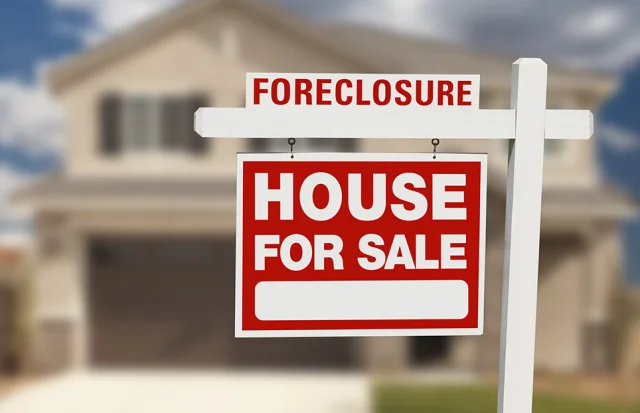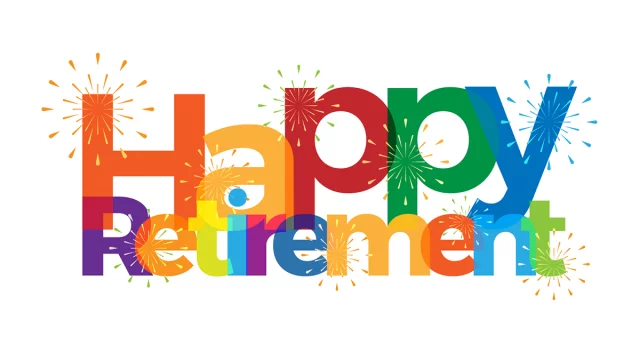
Gay Marriage: Income Gains Quantified
The U.S. Social Security Administration states on its website that it “is no longer prohibited from recognizing same-sex marriages for the purpose of determining entitlement to or eligibility for benefits.”
Numerous disadvantages faced historically by the nation’s 800,000 same-sex partners are falling away in the wake of the 2015 Supreme Court decision legalizing marriage – access to Social Security’s benefits for a worker’s same-sex spouse or widow is just one. The financial gains from legalized marriage should also increase substantially over time, as more gays and lesbians are drawn out of cohabitation and into married relationships.
A new study, by Urban Institute researchers Karen E. Smith, Stephen Rose, and Damir Cosic, estimates that by 2065 same-sex couples 62 and older with low or mid-range earnings will have about $4,000 in additional net cash income every year. This includes earnings, Social Security and pension benefits, and investment income minus taxes, Medicare premiums and other government levies.
The $4,000 estimate per couple is based on the institute’s population model that simulates multiple financial impacts on U.S. households to arrive at the overall effect. It also takes into account that same-sex married couples will be better able to pool their resources in the future, share employer health benefits, buy a house, and withstand a spouse’s layoff.
A key benefit for older same-sex married couples is access to Social Security spousal and survivor benefits, which were unavailable before the law change. Social Security is especially significant if the spouses have sharply different earnings levels – just as they are to married heterosexual couples in which one spouse, usually the wife, has lower earnings and is eligible for a higher benefit based on her husband’s work history instead of her own.
Because of these gains, poverty is expected to decline sharply for same-sex older Americans, from 18 percent today to 5 percent in 2065.
On the downside, many two-earner couples will see their taxes go up when they start paying the so-called marriage penalty. Homosexual married couples could be affected even more, because they earn more, on average, than heterosexuals.
Taking everything into account, however, the researchers conclude, “The opportunity to marry will, on average, improve the financial security of older gays and lesbians.”
Of the 800,000 same-sex couples in this country today, about 336,000 have married – or 42 percent. But the Urban Institute reports that the desire to be married is much higher, with various surveys finding that about 75 percent say they want to tie the knot.
For the increasing number of same-sex couples who marry, the financial benefits will outweigh the costs.
Squared Away writer Kim Blanton invites you to follow us on Twitter @SquaredAwayBC. To stay current on our blog, please join our free email list. You’ll receive just one email each week – with links to the two new posts for that week – when you sign up here.






